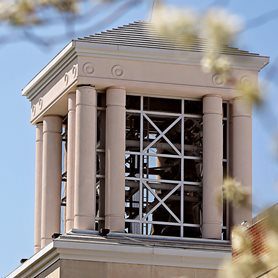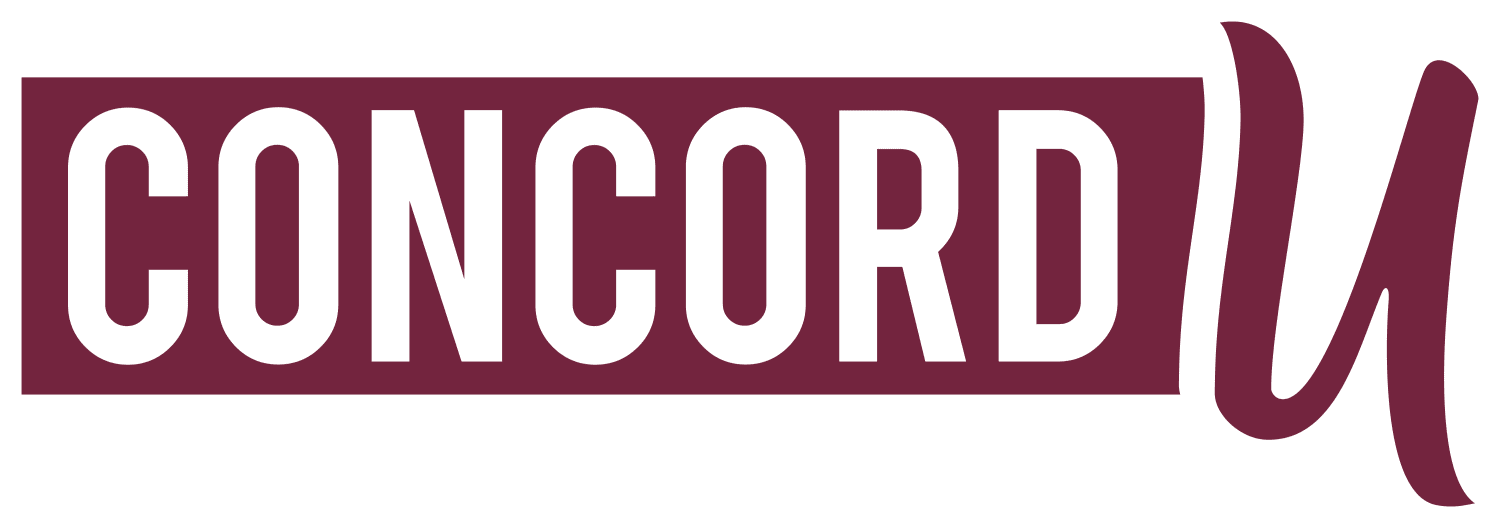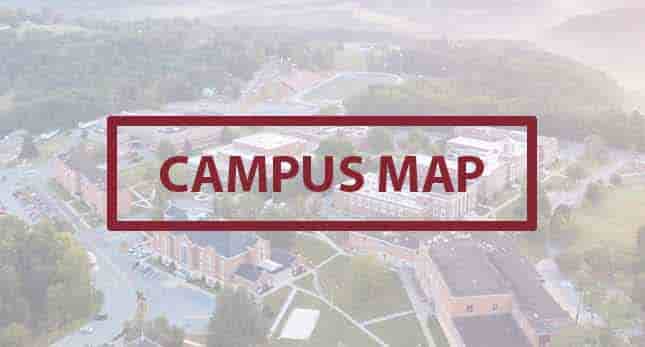CONCORD UNIVERSITY RECRUITING STEM DEGREE HOLDERS FOR RURAL TEACHING OPPORTUNITIES
CONTACT: Concord University Office of Advancement
PO Box 1000, Athens, WV 24712
(304) 384-6312
advancement@concord.edu
www.concord.edu
FOR IMMEDIATE RELEASE: December 9, 2024
CONCORD UNIVERSITY RECRUITING STEM DEGREE HOLDERS FOR RURAL TEACHING OPPORTUNITIES
Apply Now for January 13 Cohort as Teaching Fellow in the Master of Arts in Teaching Program
ATHENS, WV – Concord University – through its Robert Noyce Teacher Scholarship grant award from the National Science Foundation – is recruiting STEM degree holders interested in earning a Master of Arts in Teaching (MAT) online degree and teaching in a rural high-need schools. Tuition support, a stipend, free technology, and mentoring are available to qualified candidates.
The university has a few slots available in its Spring cohort (starting January 13) and is seeking more candidates for its Fall course offering. Over three years, the institution will prepare 16 STEM professionals as Teaching Fellows, educate Teaching Fellows in the Master of Arts in Teaching program, incorporate virtual reality technology in the classroom, and use a combination of institutional software to track Teaching Fellow progress.
Individuals who have degrees in STEM fields (Biology, Chemistry, or Mathematics) are eligible to apply to be a Fellow in the MAT program at Concord University. Fellows will complete 12 months of course work, earn a West Virginia Professional Teaching license, and teach a minimum of five years in a high-need school. Fellows will receive a $15,000 stipend annually for the first four years they teach in a high-need school in the U.S.
Concord’s MAT program is a completely online program that provides the professional education courses and clinical experiences, including student teaching, necessary to prepare individuals for teaching in a specific content area in grades PreK-Adult, 5-Adult, or 9-Adult.
STEM Fellowship Program Eligibility
- Undergraduate degree in Biology, Chemistry, or Mathematics with a 3.0 GPA
- Three letters of professional recommendation
- Documentation of 10-20 hours of P-12 classroom observation within the last year
- Acceptable written statement of career goals that includes reflection on the classroom observation
- Successful fellowship interview
Benefits
Members of the Noyce STEM Fellowship Program will receive:
- Master of Arts in Teaching program tuition free (if completed as plan of study is designed)
- Funds to cover textbooks and supplies
- Technology package, including a classroom set of state-of-the-art virtual reality headsets and personal laptop
- $15,000 stipend each year for first four years of teaching in high-need content classroom ($60,000 total)
- Funding for annual conference attendance and travel expenses
- Funding and travel expenses covered for summer mentorship participation
Dr. Andrea Campbell, Concord’s Department of Education Chair and Director of Teacher Education, leads the Noyce Scholarship Program. “This prestigious NSF program at Concord University is a game changer for teachers, students and employers,” said Campbell. “While all teachers and individuals enrolled in programs to become teachers deserve financial support and incentives, this grant makes financial bonuses available to individuals with STEM content degrees to teach in those STEM areas. These areas tend to be difficult for most school districts to hire.”
U.S. News and World Report ranked Concord’s Online Master’s in Education Program as number one in West Virginia and a top national offering.
For more information, please contact Dr. Andrea Campbell, at 304-384-5362 or acampbell@concord.edu. Program details and how to apply can be found at www.concord.edu/noyce.
-CU-
Persons with disabilities should contact Nancy Ellison, 304-384-6086 or 800-344-6679 ext. 6086, if special assistance is required for access to an event scheduled by the University on campus. Concord University may take pictures at these events for publicity purposes.



